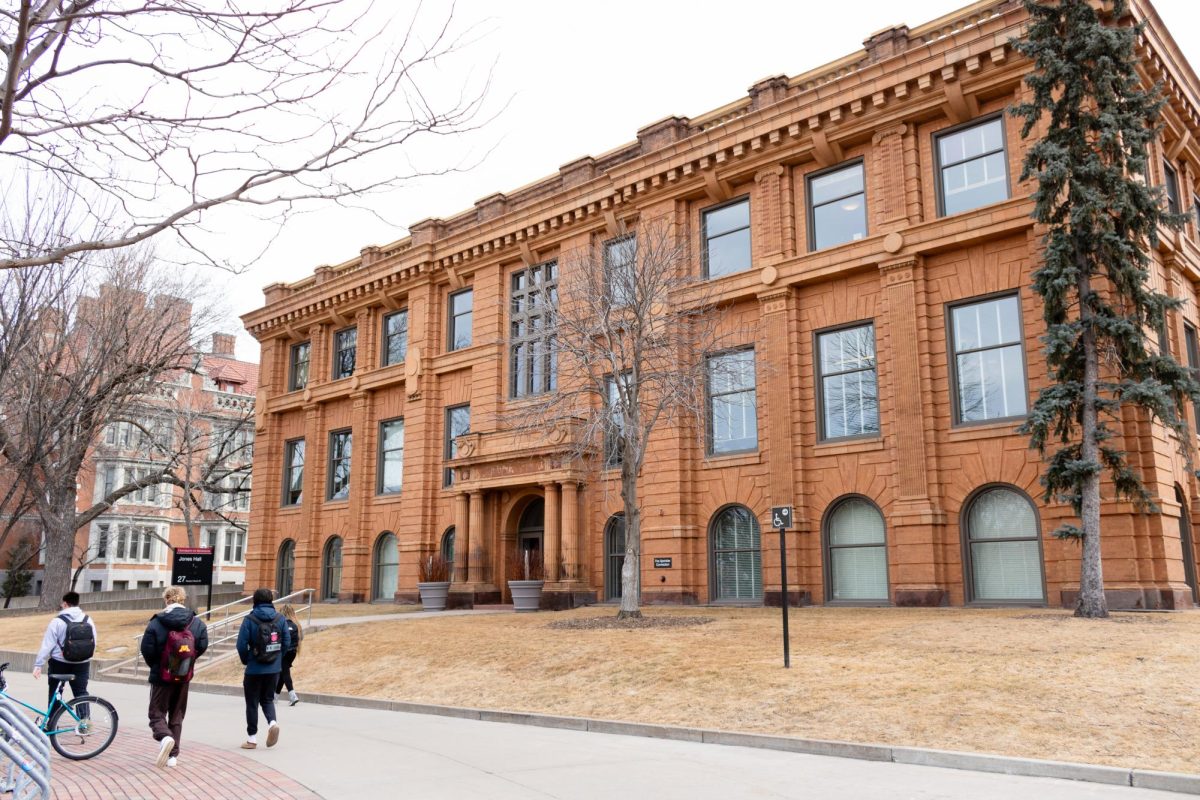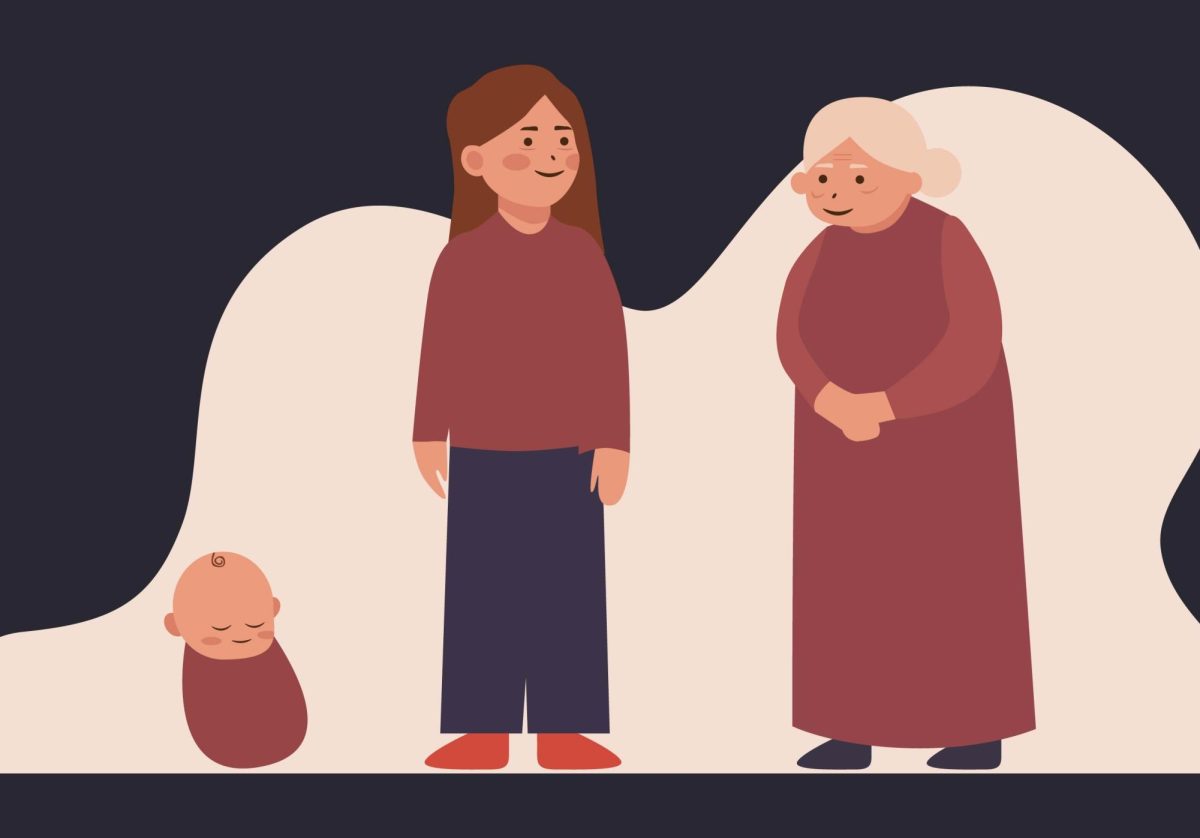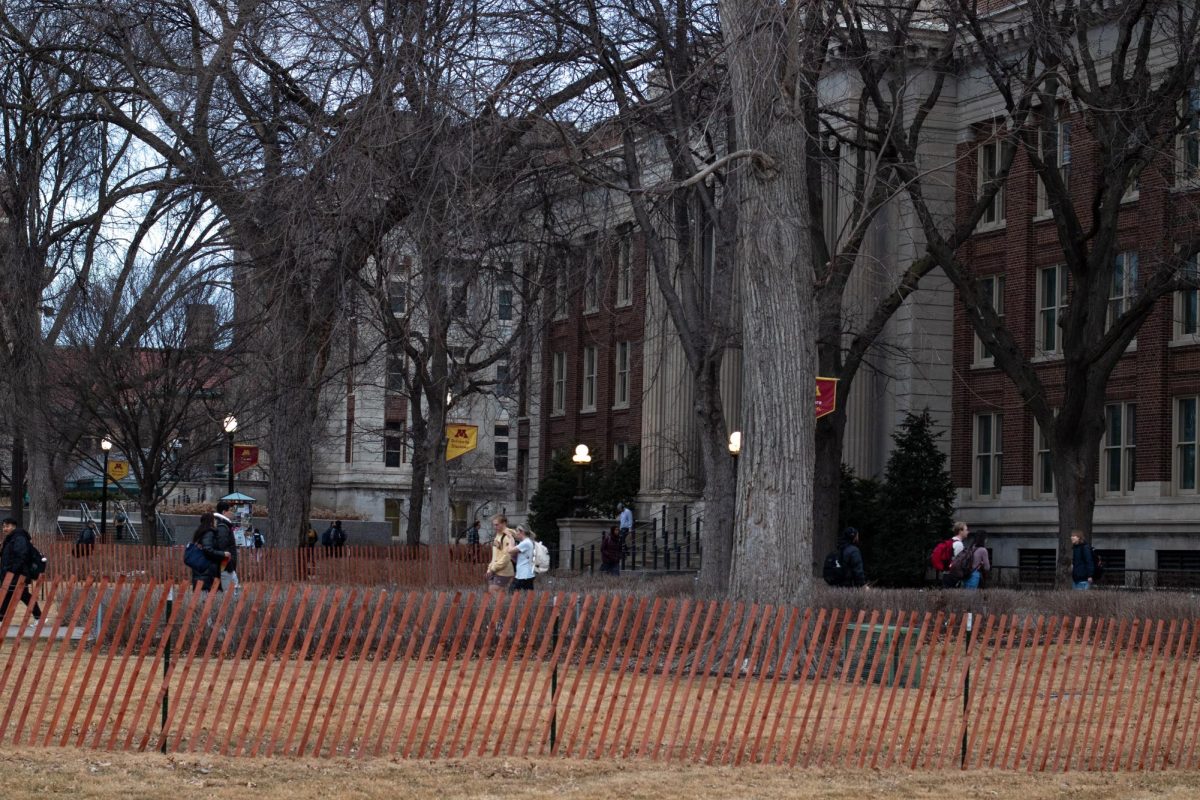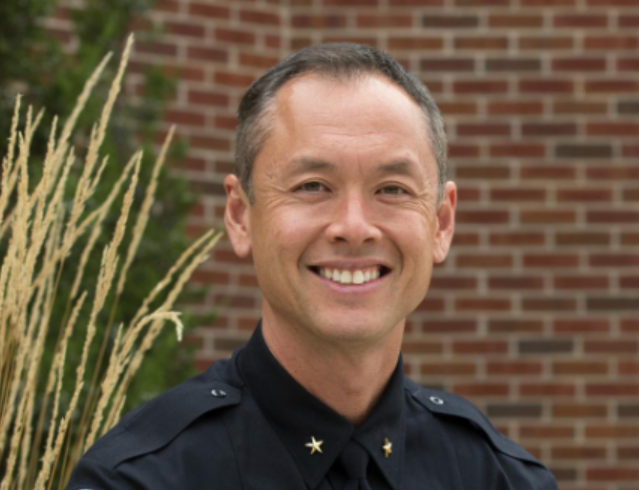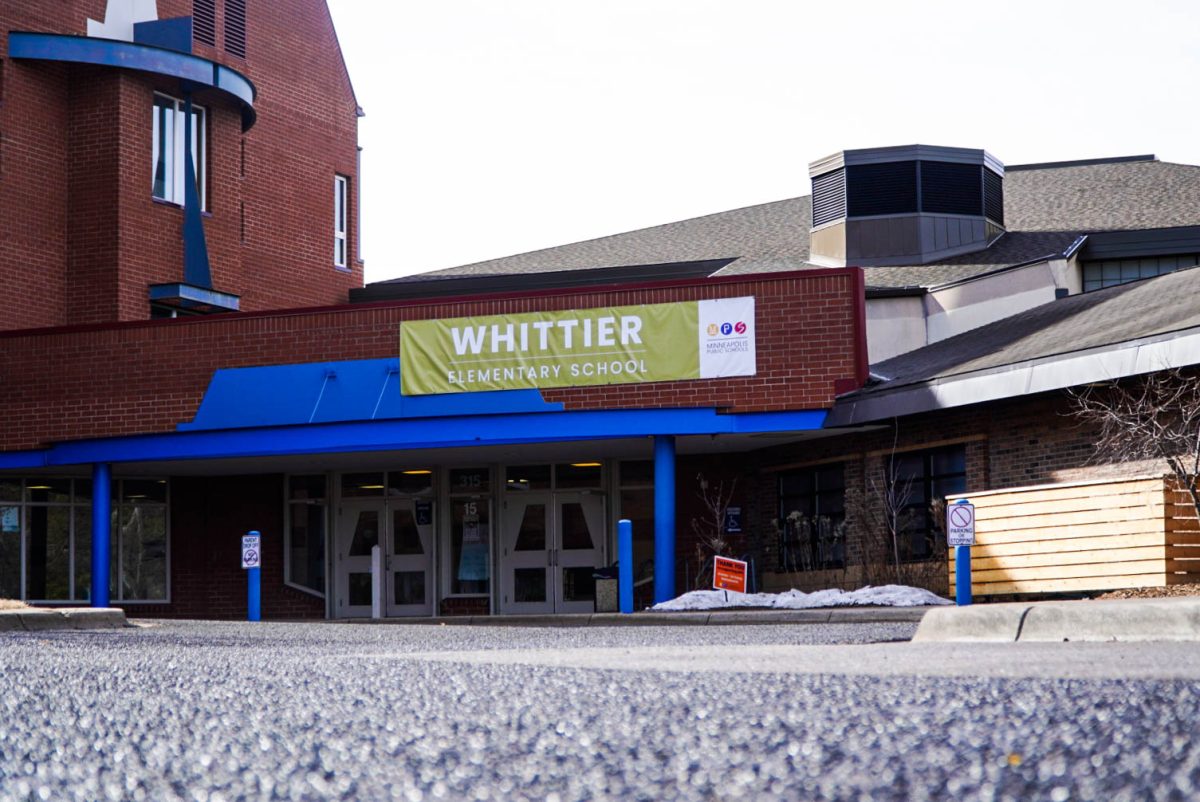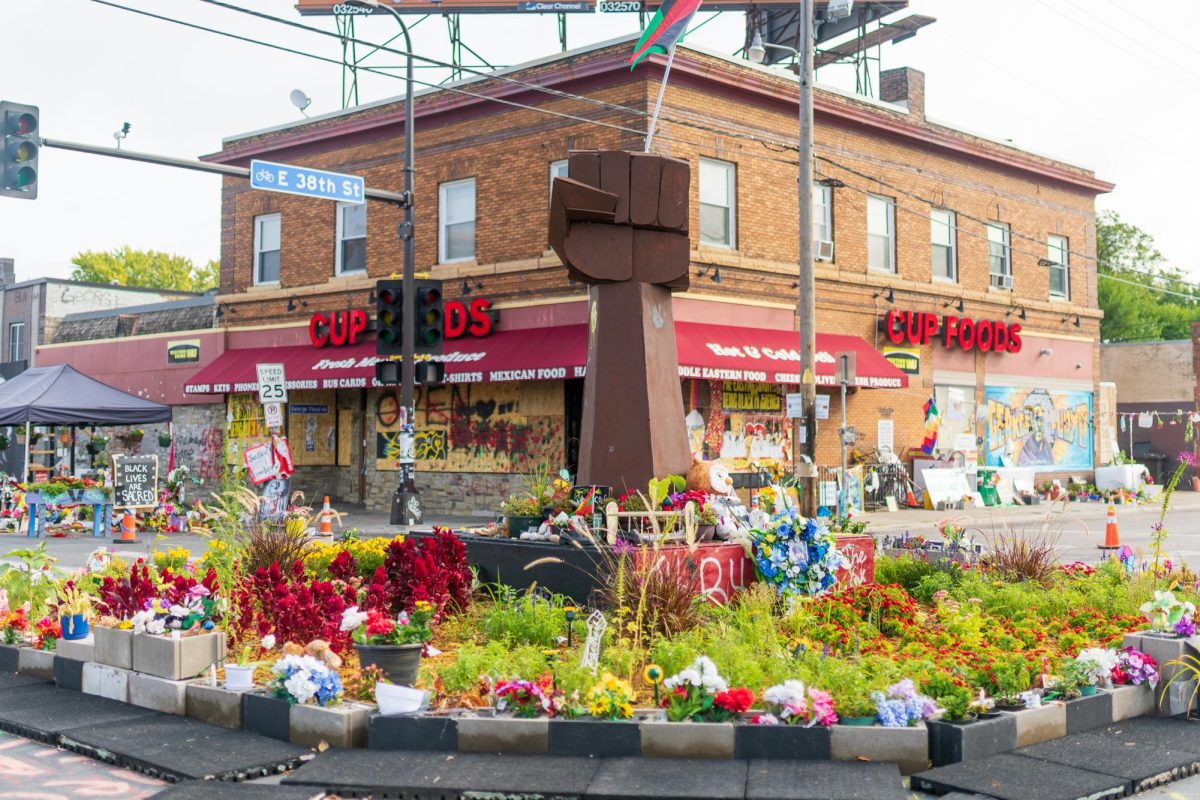The Nice Ride bike share program in Minneapolis will be discontinued this spring, following the program’s sponsor, Blue Cross Blue Shield, announcing it would no longer provide funding.
Nice Ride officially closed for the season on Nov. 13. Lyft, which secured the city contract to manage and operate Nice Ride in 2018, plans to remove all Nice Ride stations when the weather is warmer, according to reporting from Racket.
“We have worked tirelessly to find a new sponsor but have not been successful,” a Lyft spokesperson said in an email to the Minnesota Daily. “We will continue to work with our local partners to look for opportunities to provide service again in the future.”
The Nice Ride program had bikes and scooters available for rent throughout Minneapolis and Lyft confirmed both bikes and scooters would no longer be available.
Blue Cross Blue Shield did not respond to the Minnesota Daily’s requests for comment prior to publication.
The Nice Ride service launched in Minneapolis in 2010 as a way to help cities prioritize shared mobility over personal vehicle usage.
The City of Minneapolis said in a statement to Racket that there are other entities interested in providing shared bikes for the city.
“The City is disappointed that Lyft could not find a new private sponsor to support their operation of the Nice Ride system. Regardless of the outcome, the City has other licensees in the Shared Bike and Scooter program interested in providing shared bikes, ensuring that the city will have bikes in the program this upcoming season,” according to the statement.
The service experienced a 54% increase in ridership in 2022, in part due to equity programs such as Nice Ride for All and an increase in University students signing up for the program, which provided an average of 500,000 rides each year.
Students say the bikes were convenient, affordable and safe
The Nice Ride program had several stations located on the University campus, which students utilized for transportation around campus. Some students were shocked to hear the news of the program’s discontinuation, including second-year Eva Gomez.
“I’m pretty sure they have my email in their database, so they could have sent something out [about the program being discontinued],” Gomez said. “I had my membership for four or five months before it got cold, and I used them once a week.”
Gomez said the bikes were useful to get around campus, especially with the convenience of having two stations located near her apartment in Dinkytown.
“The furthest I’ve used the bikes was to get to the Molecular and Cellular Biology building, and I would put them at the stations in Coffman Union and it would be a two-minute walk from there,” Gomez said. “It really cut my time in half, and without a bike, it would’ve been a 25-minute walk.”
Ryan Fauglid, a second-year student, was an “avid user” of the bike share program and was upset to hear about the program’s discontinuation. Fauglid said he enjoyed how convenient the service was for transportation across campus and the affordable discounts the service offered for students.
“I think it is an easy form of transportation that is quicker than walking and public transportation but cheaper than taking Lyfts and Ubers,” Fauglid said, referring to the vehicle transportation service offered by Lyft.
He said he plans on utilizing the Evie and Hour Car car-sharing programs more to get around campus but is hoping the program returns because it provides more security. He said since only people who have the app are able to access the bikes, there are generally more bikes available to use.
“I suppose I could bring my own bike on campus, but it is not as convenient,” Fauglid said. “I am worried about protection for my bike, as I know many people whose bikes or tires have been stolen.”
Gomez said using the bike share service was helpful because the process of renting a bike was simple and stations were easy to access, making it easy for students to find transportation around campus.
“I didn’t have to worry about parking or getting a ride or taking too long to walk,” Gomez said. “I also liked being active and going outside.”
Gomez said using the bike share service made her feel safe traveling through campus at night because the bikes enabled her to move quickly without dealing with much traffic.
“It can be intimidating walking around campus, especially when it’s dark out,” Gomez said. “So to have a bike available is useful.”








